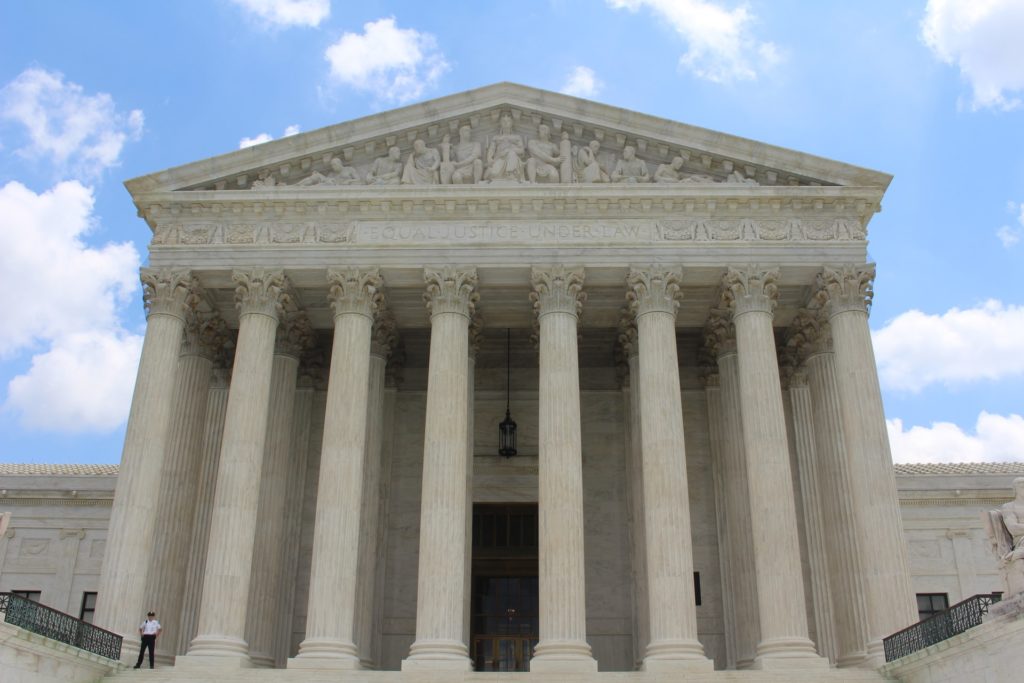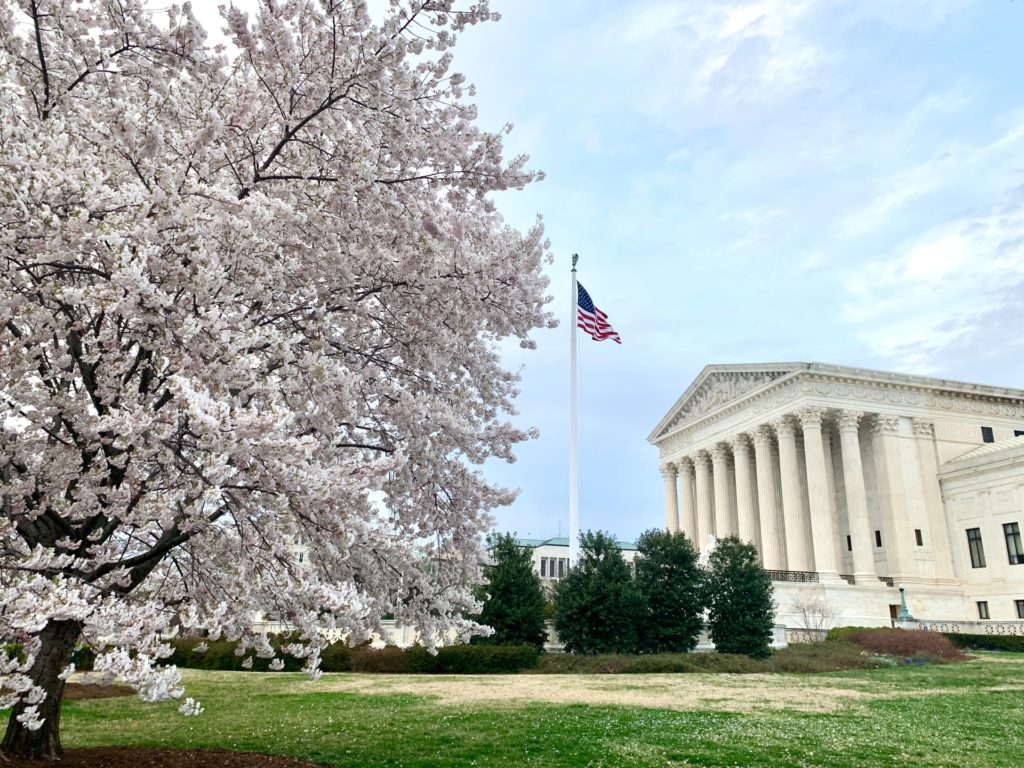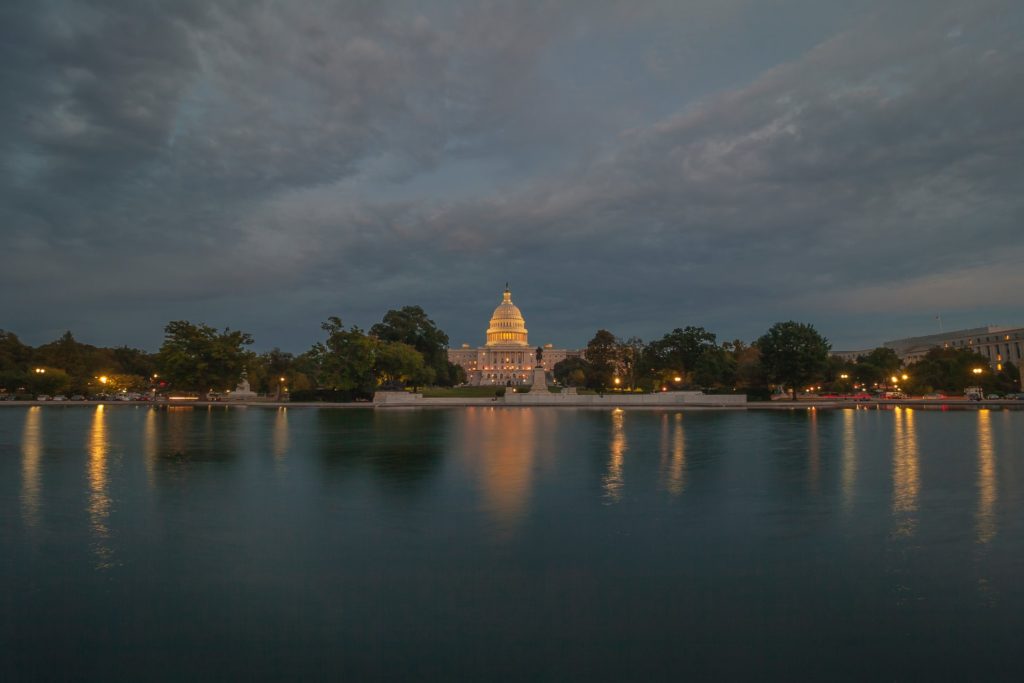In 2018, the Montana Supreme Court struck down a state law granting taxpayers a dollar-for-dollar tax credit for contributions to organizations that funded tuition scholarships for students attending private schools, whether secular or religious. The Montana justices held that this program violated Article X, section 6 of the Montana Constitution, which prohibited the use of […]
Latest Articles
Reason, Religion, and Truth
Sometime in the last few years, for the first time in American history, it became respectable to publicly oppose religious liberty and its overarching value in our political order. It is a remarkable, and portentous, turn. Religious liberty has always been an axiom of our political culture. Americans long regarded it not only as the […]
Corporate Religious Liberty and the Struggle to Define America
The first thing to understand about debates over corporate religious freedom is that familiar public arguments should not be taken at face value. In Burwell v. Hobby Lobby, the Supreme Court ruled that the term “person” in a statute called the Religious Freedom Restoration Act (RFRA) could include a for-profit corporation such as Hobby Lobby. […]
What is the Original Meaning of the Establishment Clause?
In the 1947 Everson case, all nine justices agreed that James Madison and Thomas Jefferson held the key to the meaning of the Establishment Clause, thereby launching a nearly 75–year debate over its original meaning. The historical facts are well established, which means that the arguments revolve around the question of which facts are the […]
The 19th Century View of the First Amendment
In 1801, a group of Connecticut Baptists wrote the newly-elected President Thomas Jefferson hoping that he would affirm their religious liberty and oppose the Congregationalist church establishment in their state. These leaders of the Danbury Baptist Association asserted to Jefferson that “Our Sentiments are uniformly on the side of Religious Liberty… That no man ought […]






